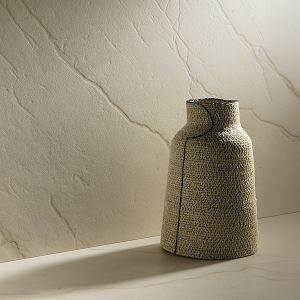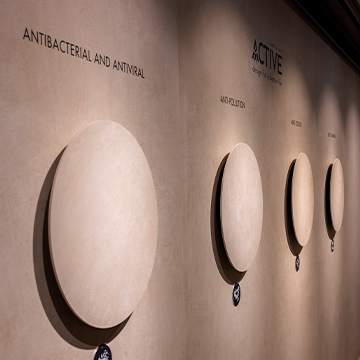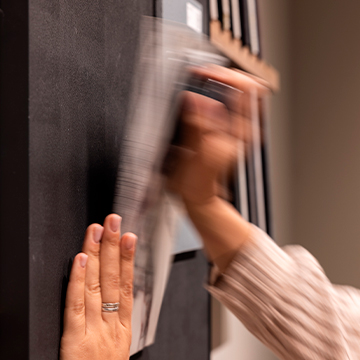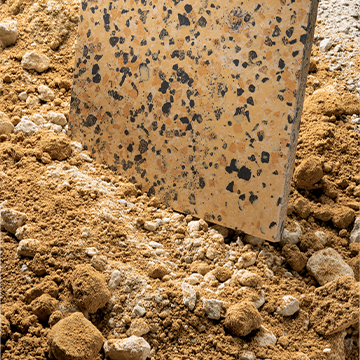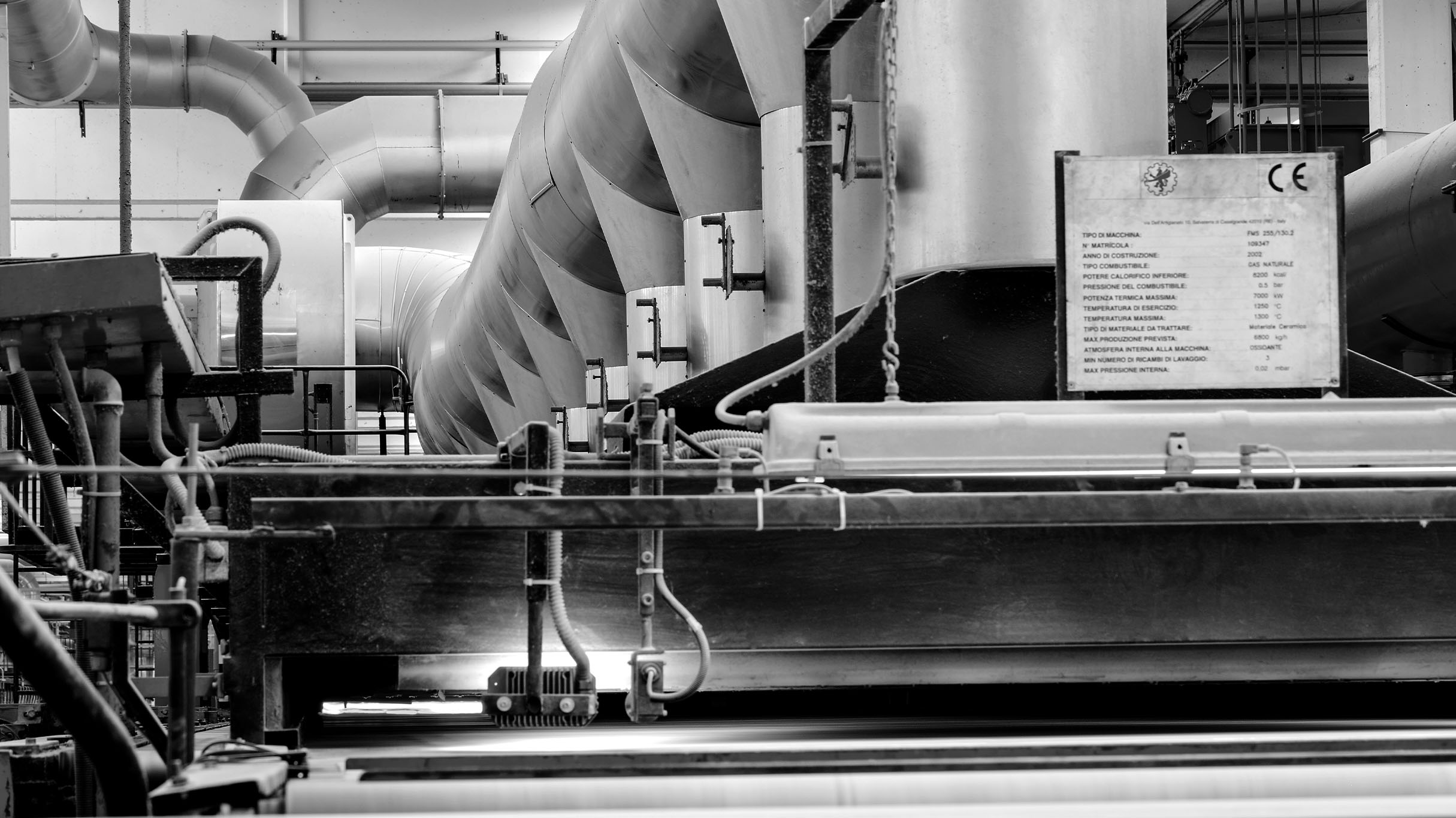
Certifications
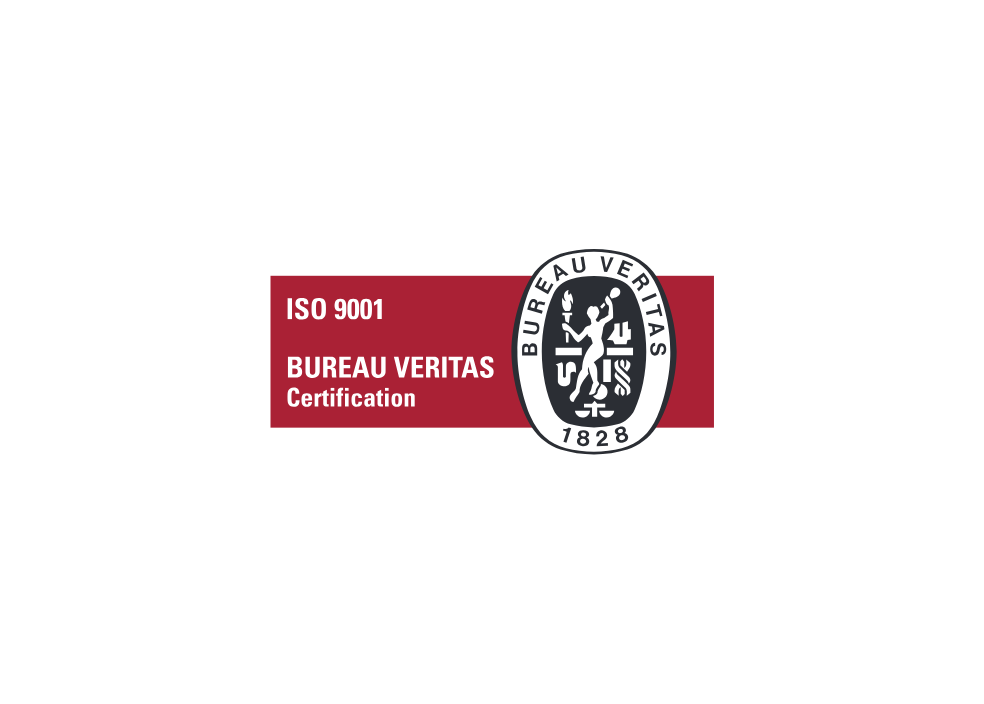
The internationally valid certification covers the entire company organisation, from
research and development to production, distribution and customer service.
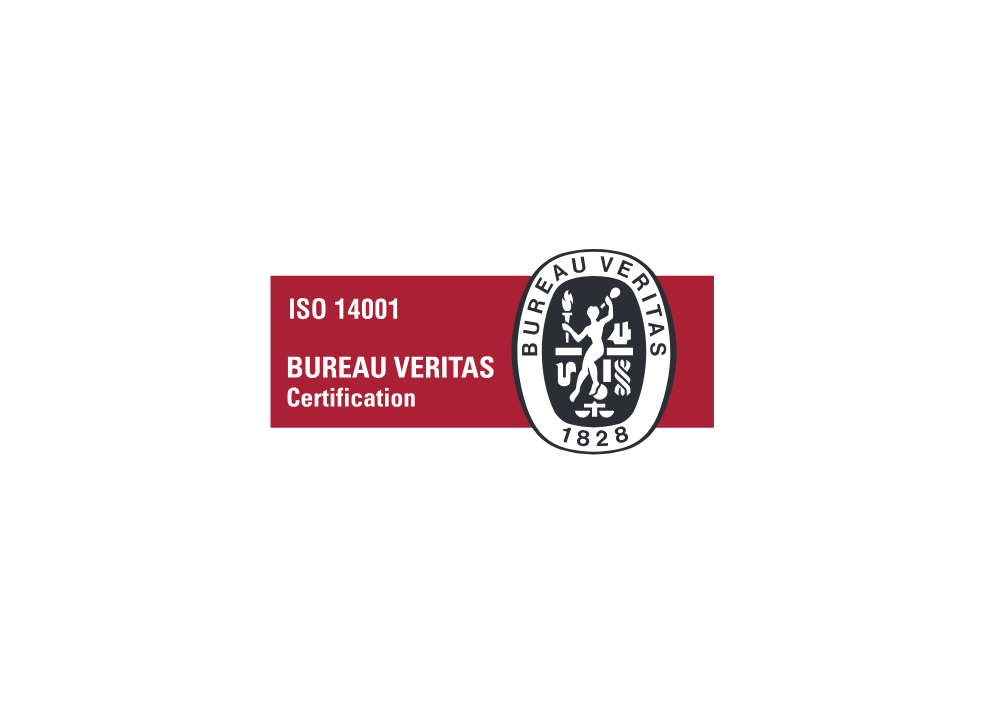
Certification active since 2000 that defines a systematic framework for the integration of
practices to protect the environment, aimed at meeting legislative compliance obligations
and addressing and assessing risks and opportunities.
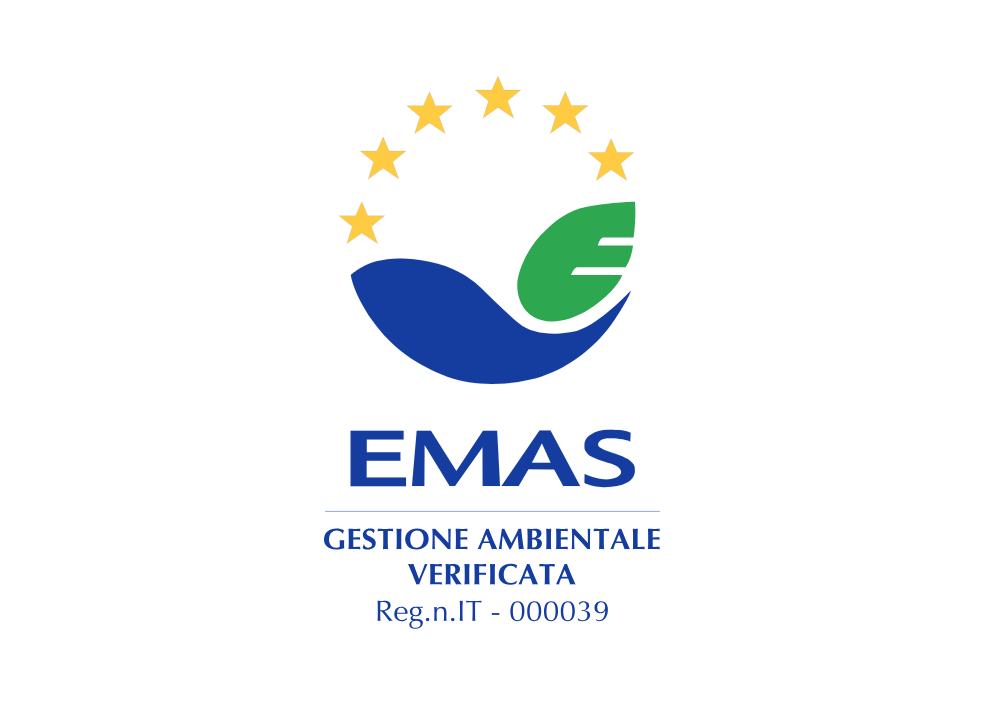
is a voluntary certification tool developed by the European Commission for companies and
other organisations to assess, report and improve their environmental performance. It
provides, among other things, for the preparation of an Environmental Statement that must
be validated after verification by an accredited third party.
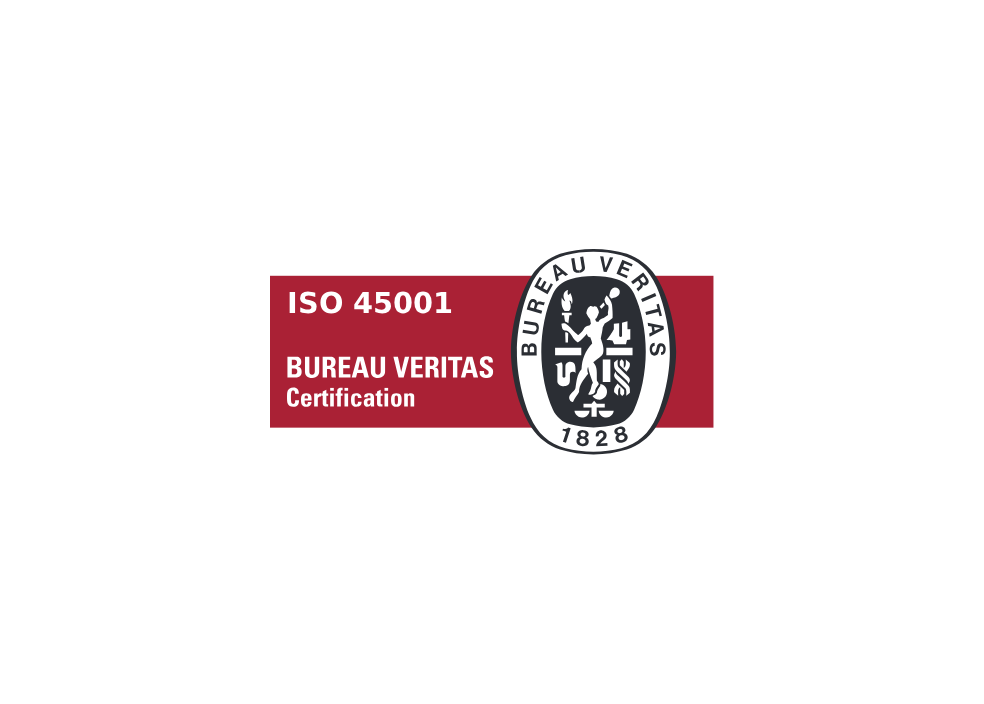
Defines minimum standards of good practice for the protection of workers worldwide; aims
to know in advance the full range of risks and hazards that can occur in the workplace.
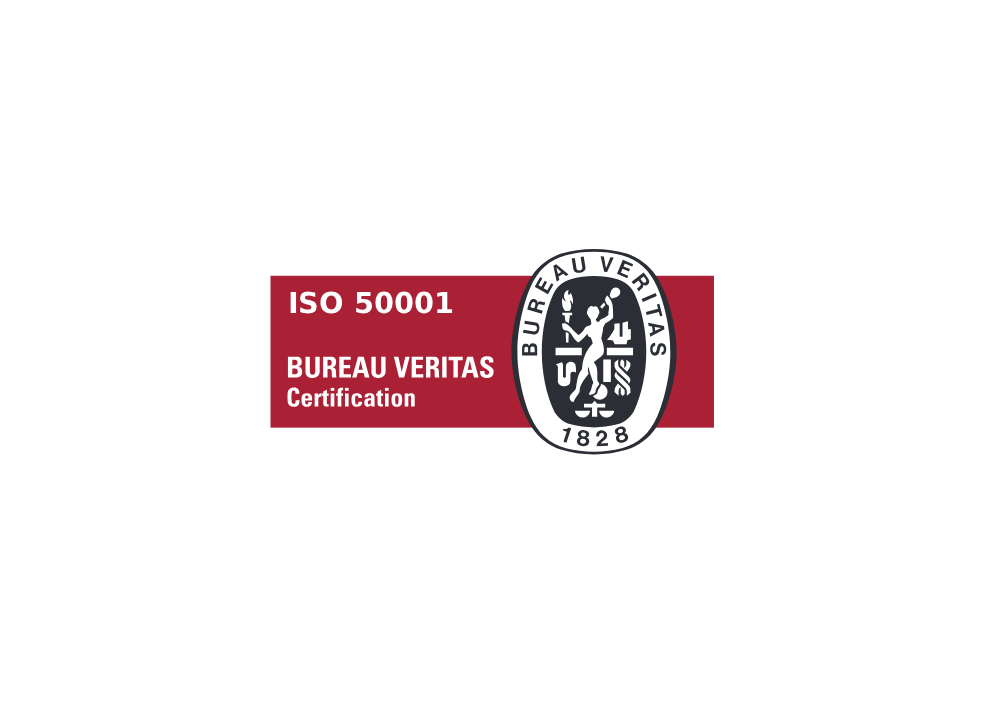
International standard that allows, through the implementation of an energy management
system, the continuous improvement of one's energy performance, thus enabling a
reduction of greenhouse gas emissions as well as related energy costs.
Defines guidelines for the creation of an equal opportunities work environment, aimed at
fostering a more equal presence of genders and their equal contribution to the promotion
of inclusiveness within the organisation.
are among the most important voluntary scientific systems for validating energy and environmental performance, supporting the design, construction and management of the entire building by analysing different aspects of sustainability. This recognition has been achieved by Iris Ceramica Group materials since 2008: the Group’s materials contain a percentage of recycled material exceeding 40% by weight in accordance with ISO 14021, thus guaranteeing the highest scores according to the LEED system.
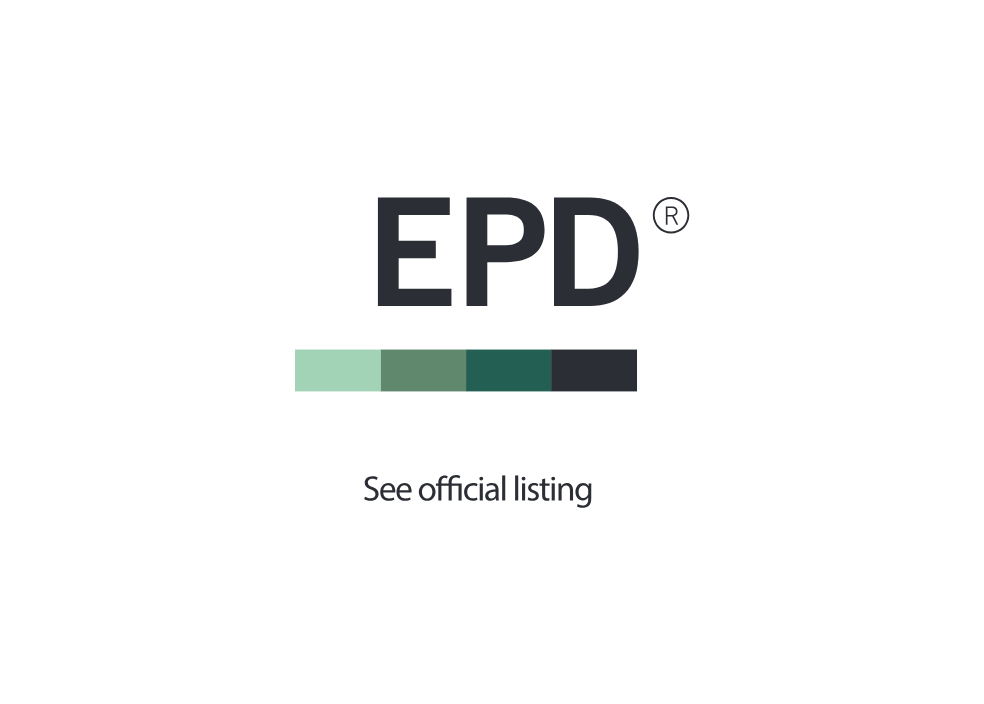
is a voluntary certification scheme born in Sweden with international validity, based on the analysis of the entire life cycle of a product and/or service (Life Cycle Assessment). The Iris Ceramica Group's proprietary product-specific EPD®, issued by the prestigious international body Environdec starting in 2017, has been drawn up according to the “cradle-to-grave”; approach, in accordance with ISO 14025 and EN 15804 standards.
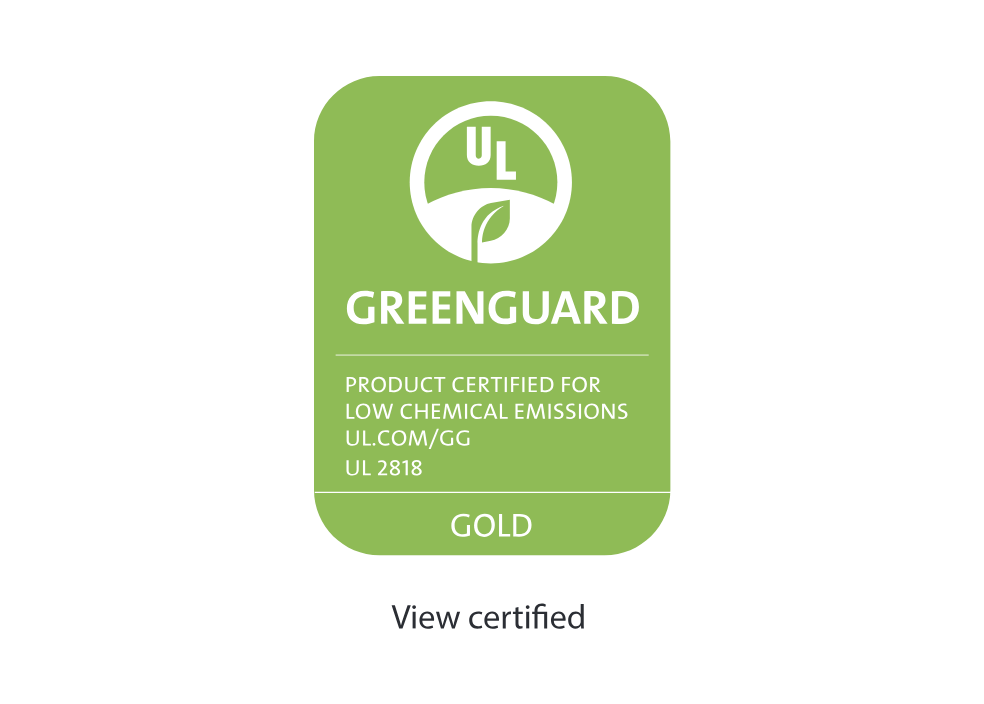
are US-based certifications issued by UL Environment. They ensure that products intended for indoor use are characterised by virtually no emissions of volatile organic substances (VOCs), thus contributing to healthier environments.
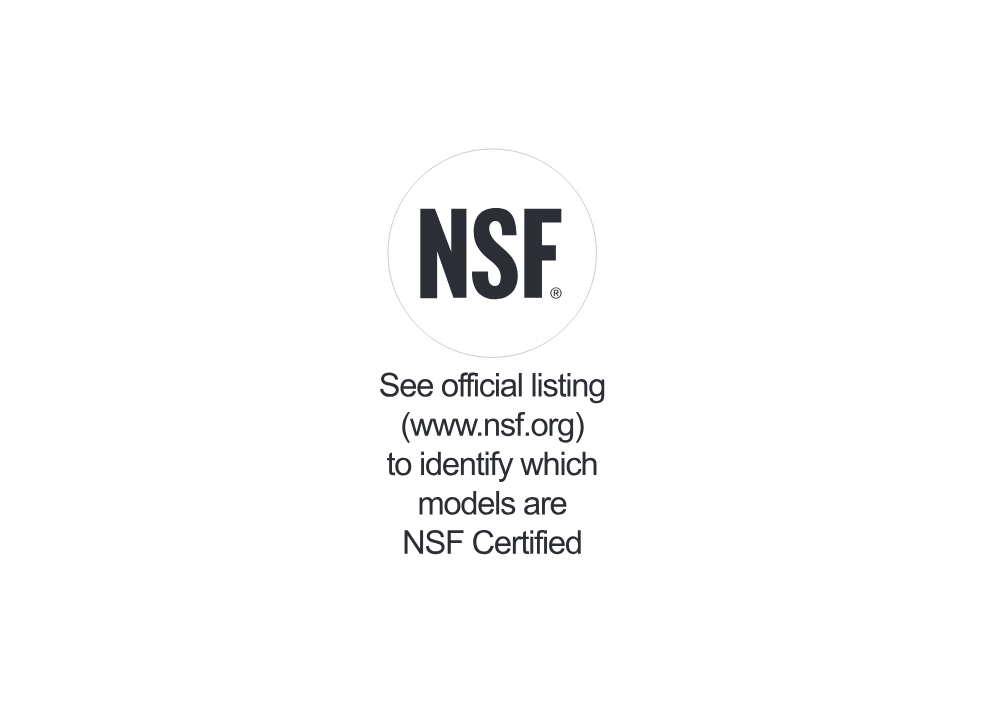
Certifies that Iris Ceramica Group’s slabs can be used in applications involving food contact. Certification of American origin, developed mainly for commercial applications (such as bars, restaurants, etc.). Ceramic slabs now find application not only in uses such as tables/tops where customers consume food or beverages, but also in food areas where there may be direct contact with food (Food Zone), such as countertops, bar service counters, etc. (except for use in storage and/or preservation applications).
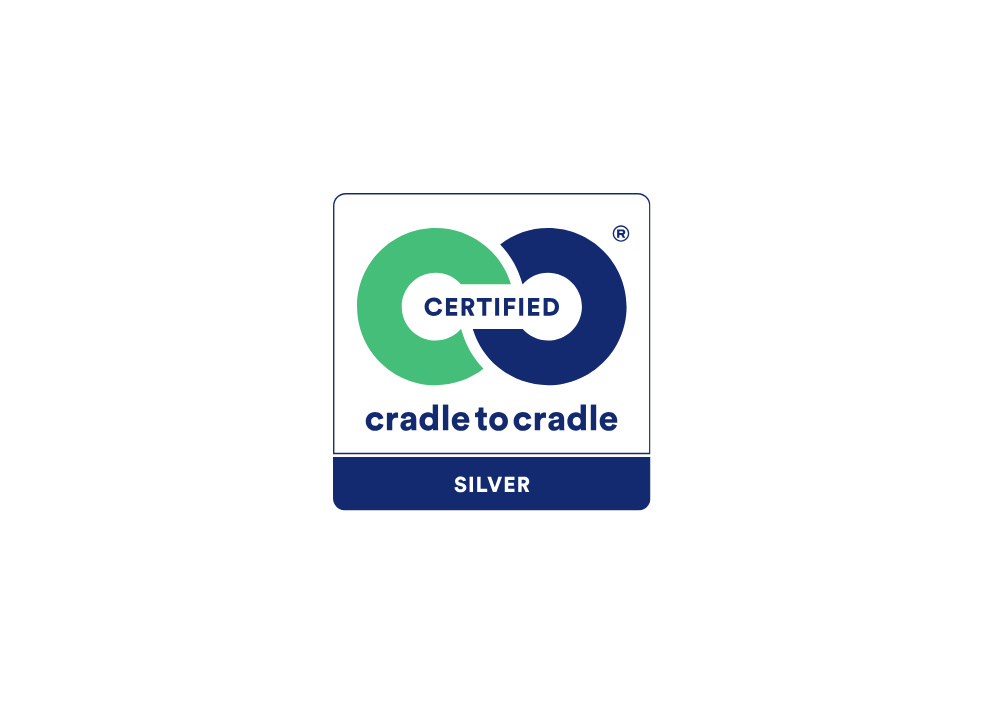
Issued by “The Cradle to Cradle Products Innovation Institute”, it is considered the most innovative, articulate and interesting environmental label by professionals particularly attentive to issues of sustainability and social and environmental responsibility.
It is a label for building materials; it offers manufacturing companies a platform through which they can, on a voluntary basis, provide information about their materials: composition, final assembly locations, lifespan, end-of-life options and general compliance with the relevant requirements of the Living Building Challenge®, thus making complex information accessible and useful. Declare Label® is the only label that checks materials against the “Red List”, the list of chemical agents most toxic to human health and the ecosystem.
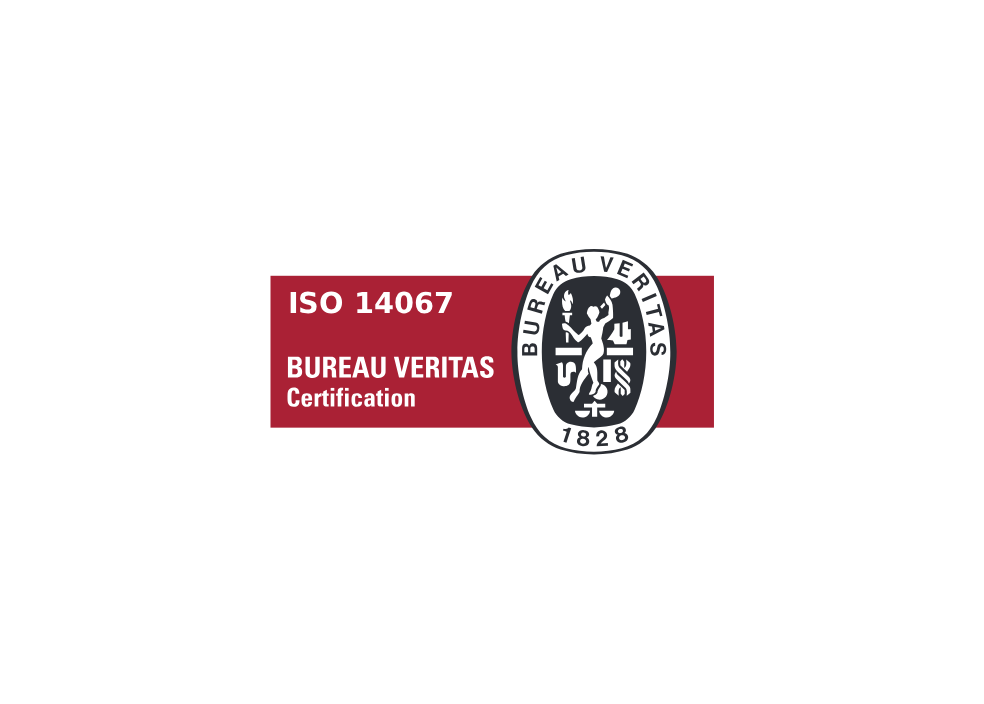
Product Carbon Footprint (CFP) is the quantification of the overall impact of a product on global warming. It expresses the total greenhouse gas emissions associated directly or indirectly with a product during its entire life cycle and is expressed in grams of CO2 equivalent. ISO 14067 is the standard for calculating and communicating a carbon footprint.


